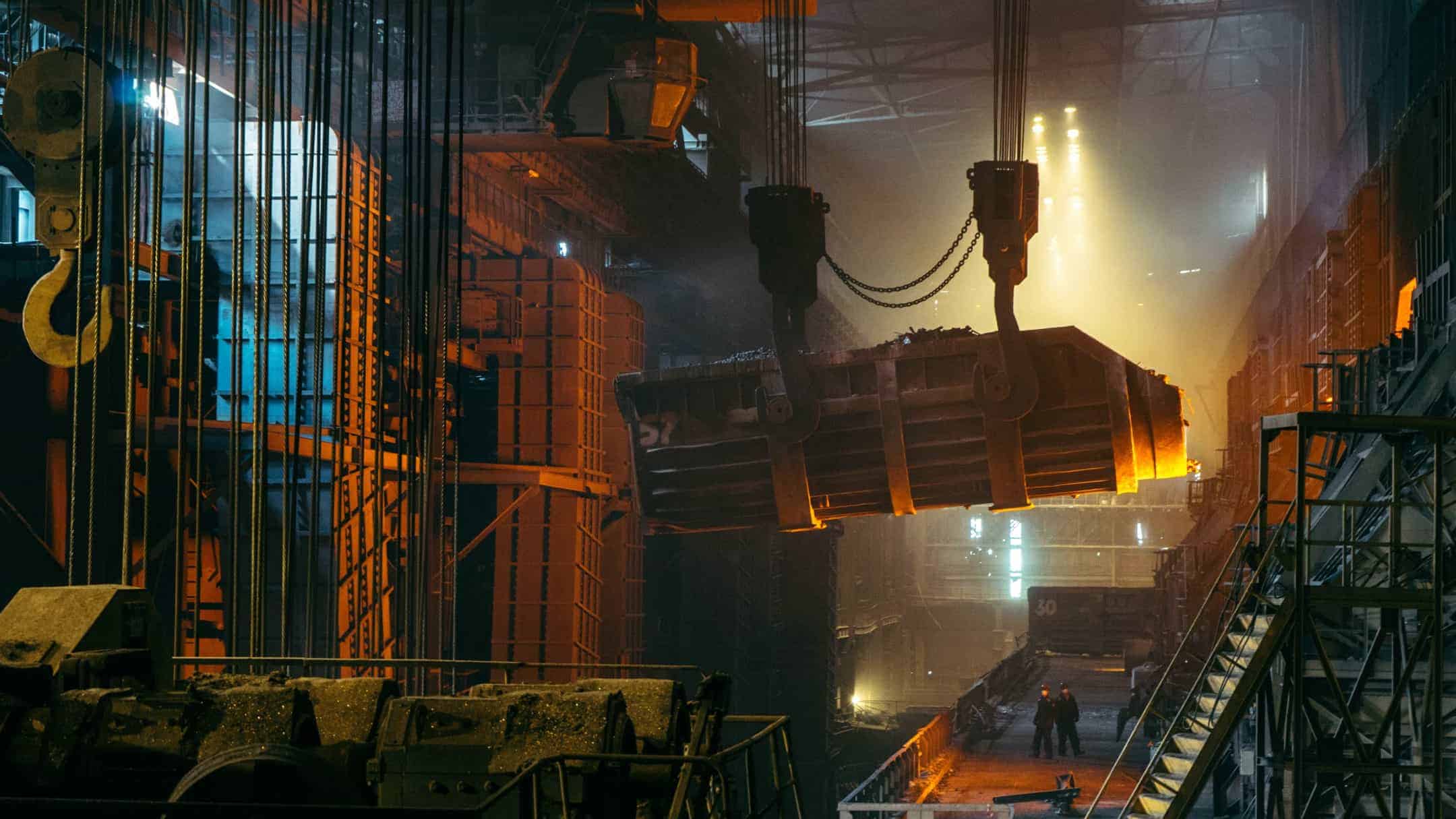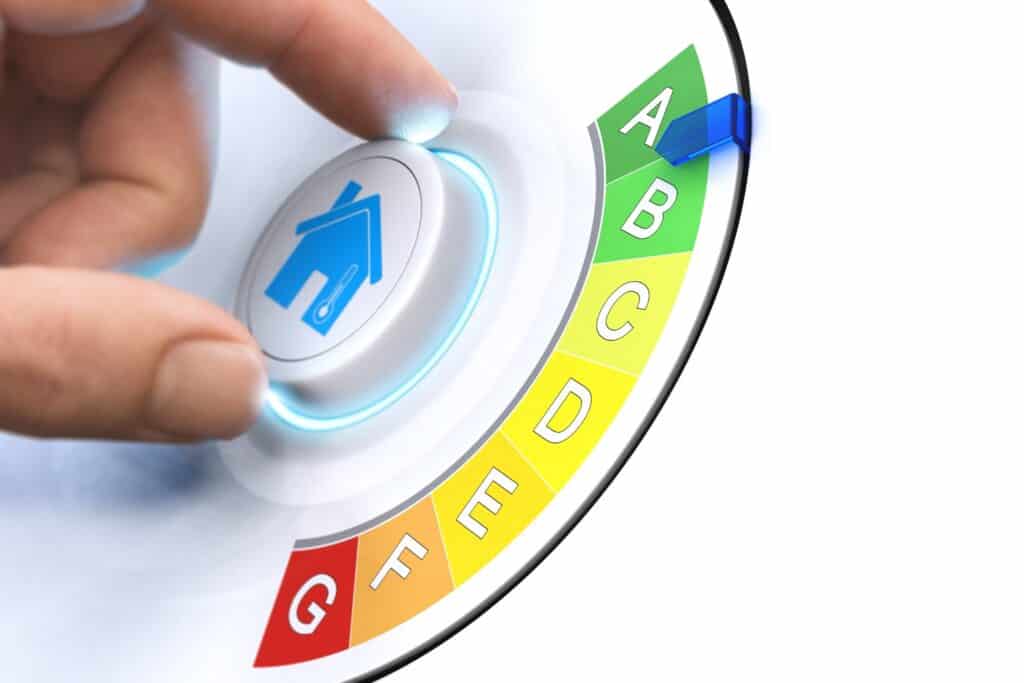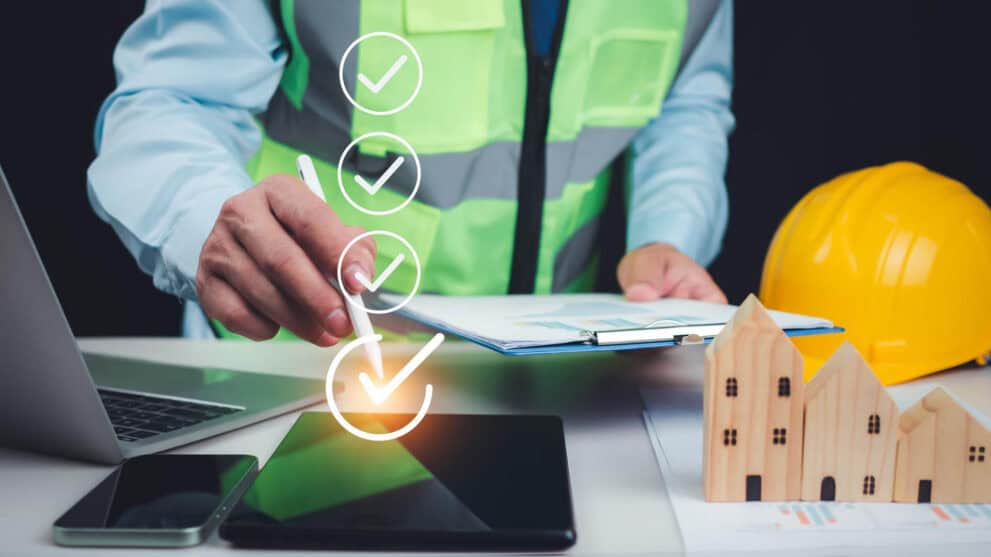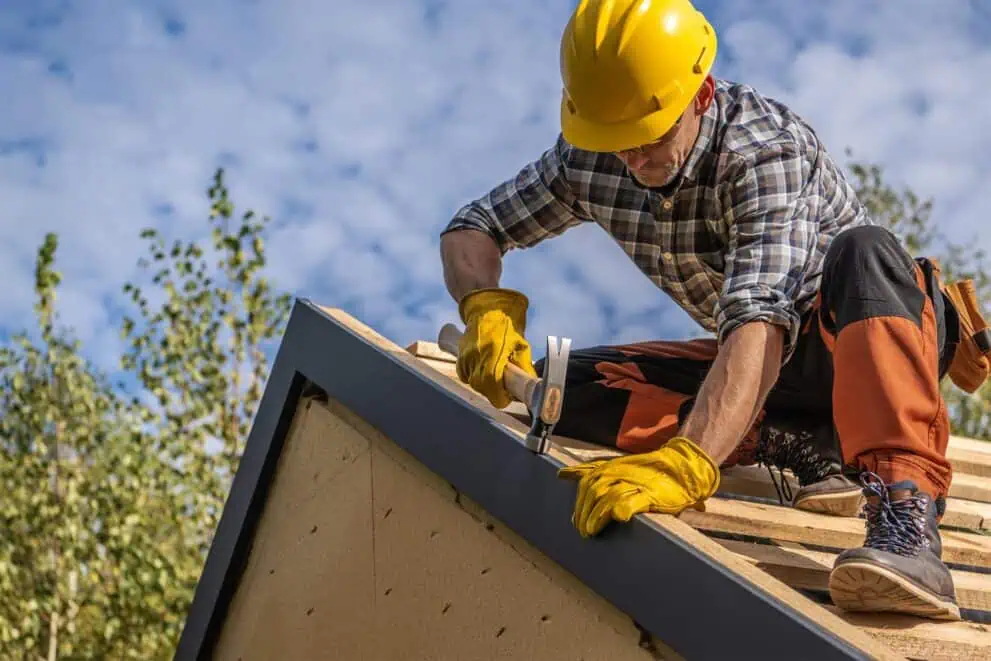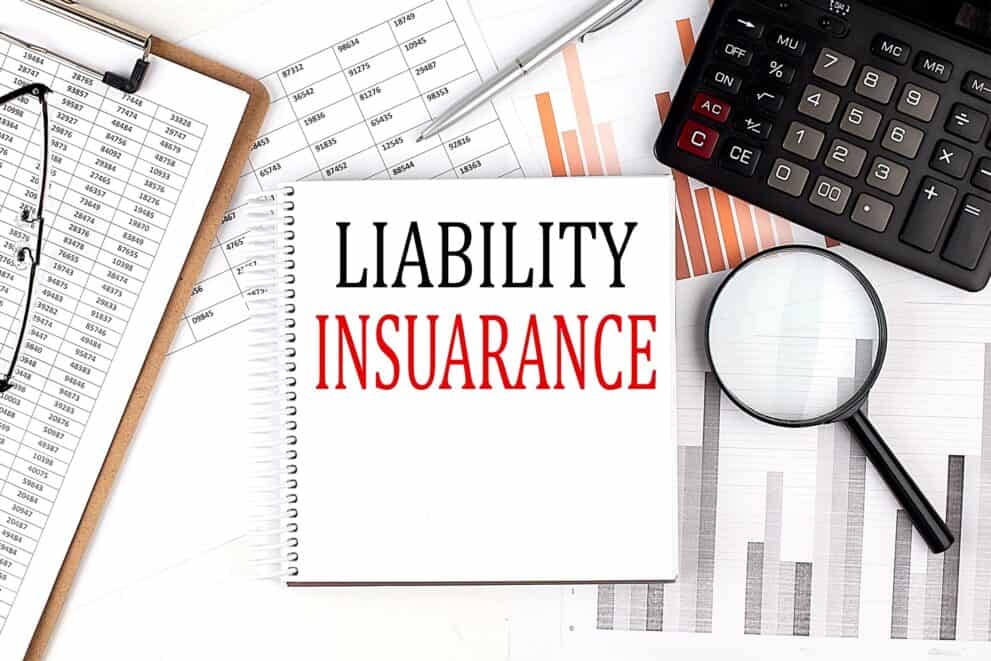In recent years, the construction industry has seen a growing interest in sustainable building practices, with Passivhaus (or Passive House) emerging as a leading standard for energy-efficient homes. But what is Passivhaus, and how does it contribute to both environmental sustainability and homeowner comfort? Additionally, how can building warranties play a pivotal role in these projects?
What is Passivhaus?
Passivhaus is a voluntary standard for energy efficiency in a building, which reduces the building’s ecological footprint. It results in ultra-low energy buildings that require little energy for space heating or cooling. Developed in Germany in the early 1990s, the Passivhaus standard is based on principles such as excellent insulation, airtightness, and the use of high-performance windows and ventilation systems with heat recovery.
The key features of a Passivhaus building include:
- High Levels of Insulation: This minimises heat loss, keeping the interior temperature stable with minimal energy use.
- Airtight Construction: Ensures that no air can leak in or out of the building, which helps maintain consistent temperatures.
- Thermal Bridge-Free Design: Eliminates cold spots in the building envelope, improving overall energy efficiency.
- High-Performance Windows: Often triple-glazed to maximise insulation and minimise heat loss.
- Mechanical Ventilation with Heat Recovery (MVHR): Provides fresh air while recovering heat from exhaust air, maintaining indoor air quality and comfort.

Core Benefits of Passivhaus Buildings
Passivhaus buildings offer several compelling benefits:
- Energy Efficiency: Passivhaus buildings consume up to 90% less heating and cooling energy than conventional buildings. This efficiency is achieved through superior insulation, airtight construction, and the use of renewable energy sources.
- Comfort: The consistent indoor temperature and high air quality provided by Passivhaus standards ensure a comfortable living environment year-round. The advanced ventilation systems ensure that fresh air circulates continuously, reducing allergens and maintaining a healthy indoor environment.
- Cost Savings: Although initial construction costs can be higher, the reduced energy bills result in significant savings over time. Homeowners often recoup the additional investment within a few years due to the lower operational costs associated with heating and cooling.
- Environmental Impact: Passivhaus buildings contribute to lower greenhouse gas emissions, aligning with global sustainability goals. The reduced energy consumption directly translates to fewer carbon emissions, making these buildings a critical part of efforts to combat climate change.
- Durability: These buildings are designed to be robust and long-lasting, often surpassing the lifespan of traditional constructions. The high-quality materials and meticulous construction processes contribute to the longevity and resilience of Passivhaus structures.
Impact on Building Quality
The careful design and construction standards required for Passivhaus buildings lead to higher overall quality. Builders must pay close attention to detail, from the selection of materials to the precision of installation, ensuring that the building meets stringent energy efficiency and durability standards. This focus on quality reduces the likelihood of defects and enhances the building’s longevity and performance. In addition, the testing and certification process for Passivhaus buildings ensures that each structure meets the highest standards of energy efficiency and performance.

Building Warranties for Passivhaus Projects
Building warranties are crucial in safeguarding investments in Passivhaus projects. Here are the types of warranties available and their benefits:
- Structural Warranties: These cover major structural defects in new builds and conversions, providing peace of mind to homeowners and developers. They are essential for protecting against issues like subsidence, faulty design, or poor workmanship. At BuildSafe, we offer comprehensive structural warranties tailored to the specific needs of Passivhaus projects.
- Latent Defects Insurance: This insurance protects against hidden defects that were not apparent at the time of construction completion. It is particularly relevant for Passivhaus projects where the building’s performance relies on the integrity of its construction. Latent defects insurance ensures that any hidden issues that could compromise the building’s energy efficiency or structural integrity are covered.
- Retrospective Building Warranties: These are available for existing buildings that were not initially covered. They can be crucial for older properties that have undergone Passivhaus retrofitting. These warranties provide coverage for structural and latent defects that may arise after the retrofitting process, ensuring the longevity and performance of the improvements made.
How Warranties Support Passivhaus Construction
Building warranties support Passivhaus construction by ensuring quality control through independent inspections throughout the construction process, which helps maintain the high standards required for Passivhaus certification and identifies any issues early. They provide financial protection against the high costs associated with repairing structural defects, especially important for the high-specification components used in Passivhaus buildings, offering financial security and peace of mind for homeowners and developers. Additionally, building warranties enhance market confidence by assuring potential buyers and lenders of the property’s quality and durability, making Passivhaus properties more attractive in the real estate market.
Building warranties can also support the long-term sustainability of Passivhaus projects. By covering potential defects and ensuring high construction standards, these warranties help maintain the energy efficiency and environmental benefits of Passivhaus buildings throughout their lifespan.
In conclusion, understanding what Passivhaus is and recognising its benefits is essential for anyone considering sustainable building practices. Complementing these projects with appropriate building warranties not only ensures protection and peace of mind but also enhances the value and appeal of these innovative, energy-efficient homes.
For more detailed information and specific warranty options, contact a member of our team today.
